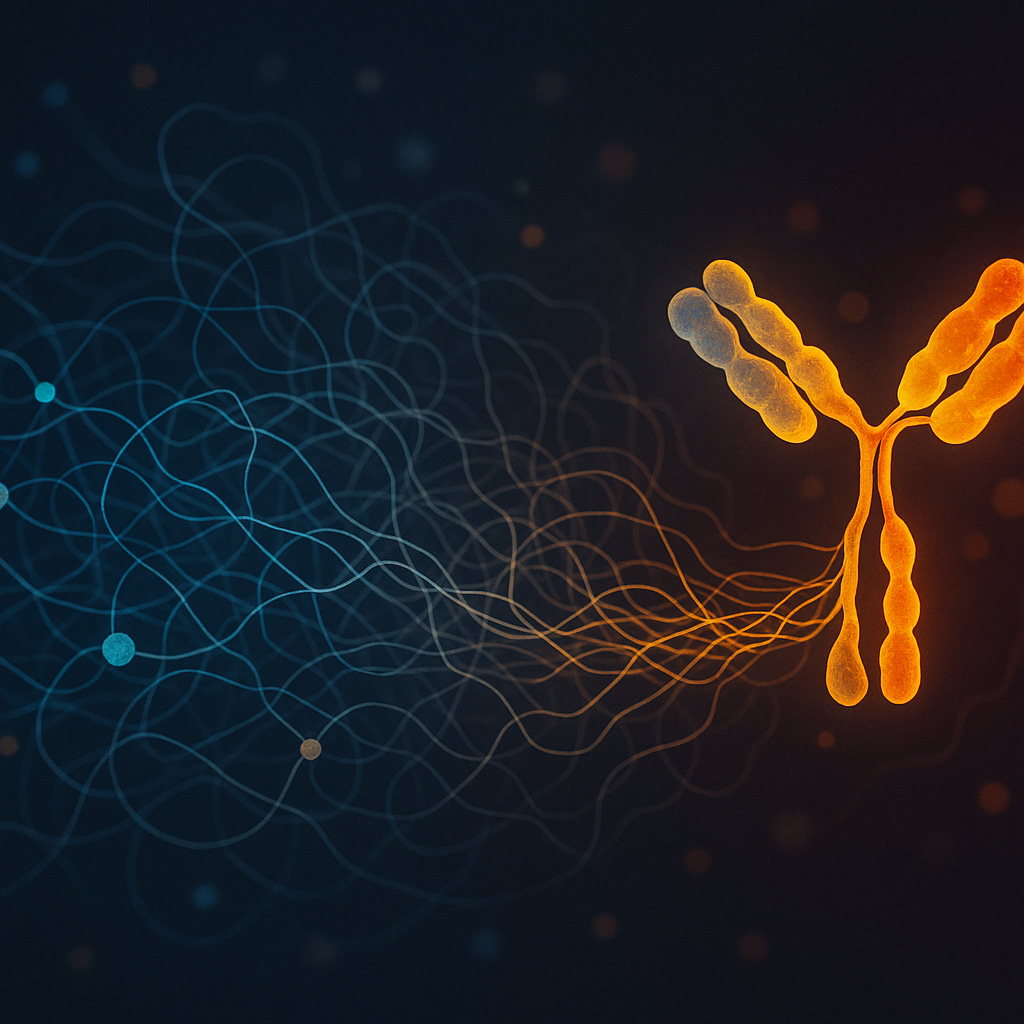I. The Background: What Meteorology and Economics Taught Me About Complexity
I hold degrees in meteorology and economics, two fields that operate in the heart of complex systems. My early academic training gave me a powerful insight: in order to solve real-world problems, we do not always need to understand or simulate every microscopic element of a system. Rather, we must identify and operate at levels of abstraction where outcomes are predictable and manageable.
In meteorology, this is obvious. Atmospheric scientists do not simulate the movement of each gas molecule; instead, we model aggregate phenomena—pressure fields, wind vectors, temperature gradients—defined at mesoscale or synoptic scale resolutions. These are scales of relevance, where perturbations can be forecast and interventions, like weather advisories, have meaning.
Similarly, economics relies on macro-level constructs—aggregate demand, interest rates, inflation—not the daily purchases of each citizen. Although individuals drive the economy, policymaking is conducted using instruments that affect population-level behavior, not atomistic details.
These disciplines share a core assumption: that modeling complexity requires abstraction, and that effective intervention occurs not at the molecular level, but at the systemic level—where feedbacks can be traced, outcomes observed, and predictions validated.
In contrast, biomedicine—particularly cancer biology—has moved in the opposite direction. Here, we’ve descended ever deeper into molecular intricacy. Pathways, receptors, mutations, epigenetics, and now AI-driven multi-omics—these have become the dominant tools of understanding and the dominant justification for new therapies. But what if this is a category error?
What if our inability to cure major diseases like cancer stems not from a lack of data, but from a failure to think at the right level of system abstraction?
Keep reading with a 7-day free trial
Subscribe to Xuewu Liu’s Substack to keep reading this post and get 7 days of free access to the full post archives.




